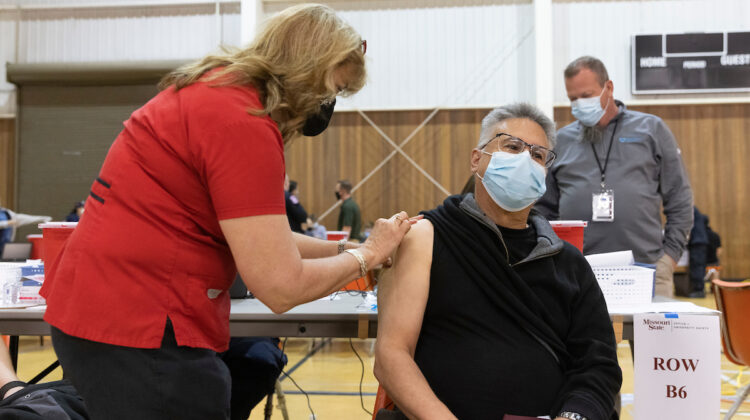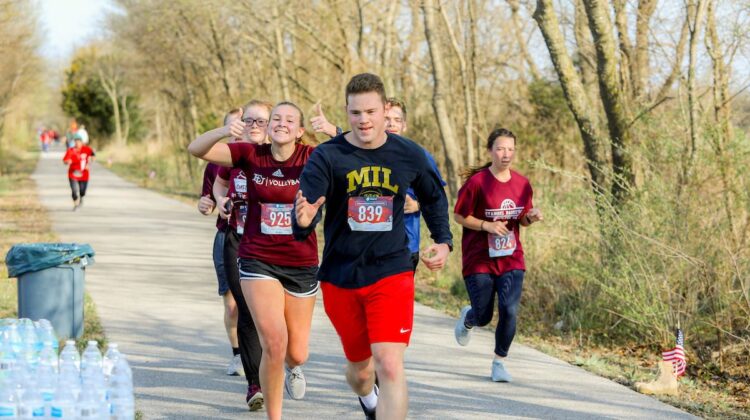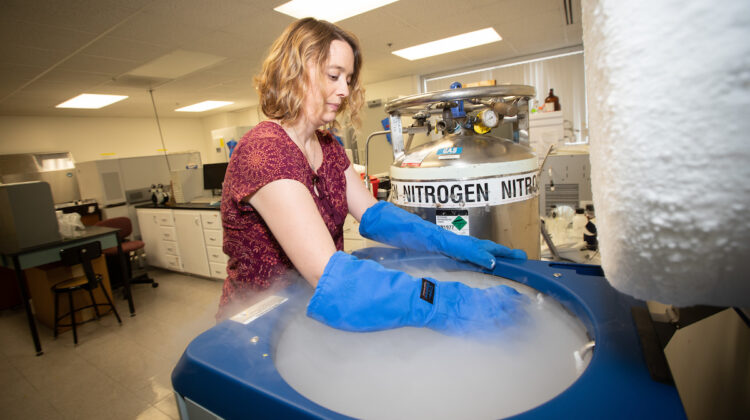As COVID-19 vaccines rolled out across the country, vaccination disparities across racial and ethnic lines became quite clear.
“Current data shows the rates at which the Missouri population is being vaccinated: approximately 36% for white people, 29% for Black people, 43% for Hispanic people, and 56% for Asian people,” said Dr. Melissa Penkalski, associate professor of nursing at Missouri State University.
What’s causing the difference?
The vaccination disparity has many explanations, according to Penkalski.
Some communities have risk factors that can make members more susceptible. This leads to some communities with higher incident or infection rates.
“These factors include lack of access, living in crowded housing, working in essential fields, stress, and chronic health conditions,” Penkalski said.
The state is working to combat vaccine inequity, Penkalski noted. Improving access, providing education and making the vaccine readily available helps to ease the disparity.
Penkalski stresses that vaccine hesitancy can be attributed to a lack of information on the topic. Providing people with additional information and acknowledging their concerns and beliefs can help to overcome this challenge.




